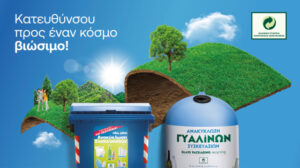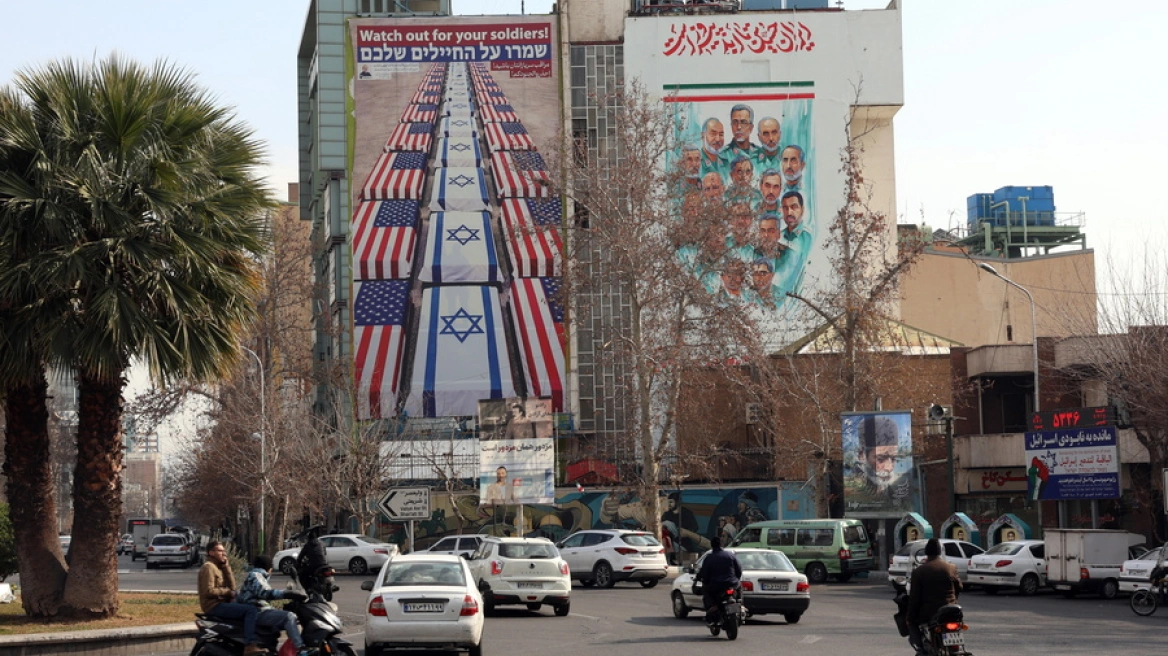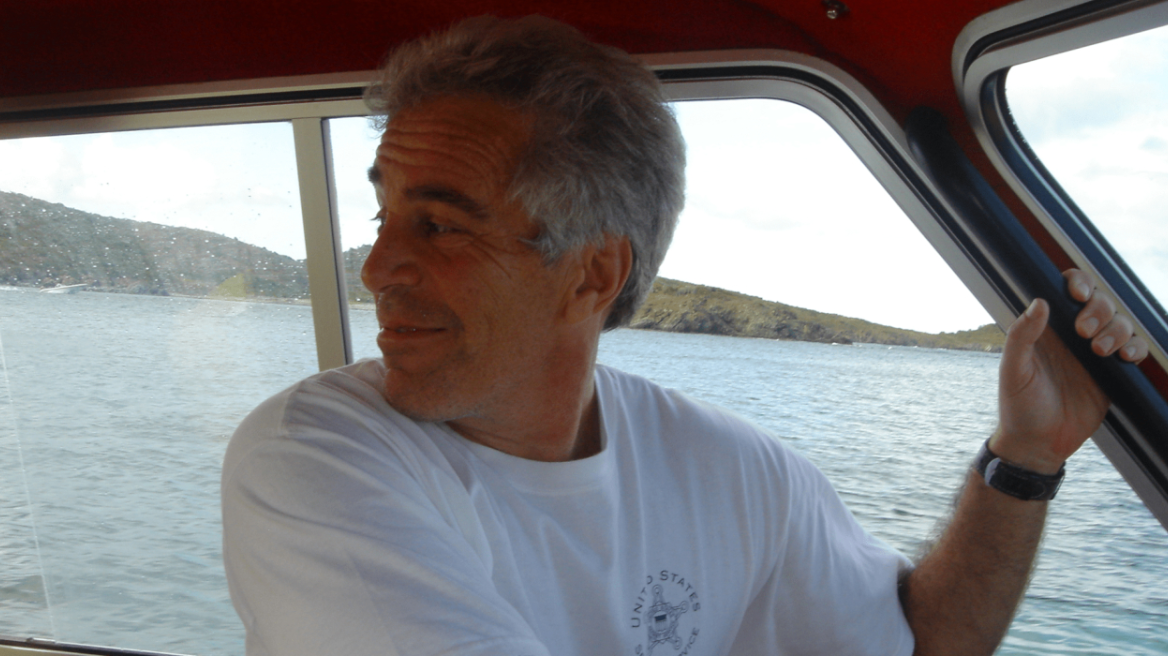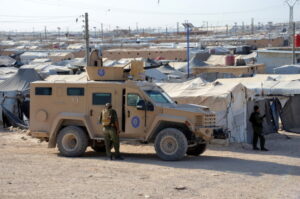If someone were to ask you what Packaging Recycling is, what image first comes to mind? For many of us, Packaging Recycling is synonymous with Blue Bins. And that’s no coincidence. Blue Bins have established themselves as the key symbol of the everyday process of recycling packaging, and their operation is the ticket to a “green” and sustainable tomorrow.
In our country, the Blue Bin System is organized by the Hellenic Recycling Recovery Company (EEAA). Specifically, EEAA, for 23 years, has been operating the Collective Alternative Management System for Packaging Waste, licensed by the Hellenic Recycling Organization (EOAN). Since its establishment in 2001 to date, EEAA has allocated €397 million for investments and operational costs, so that its System effectively covers 99% of the population of the country.
The ERA is the largest and most reliable Packaging Recycling System. More specifically, in 2023 it achieved the recycling of 468 thousand tonnes of materials, against an obligation of 305,000 tonnes, reaching 153%of its target.
-
- What we recycle in Blue Bins
We must remember that at Blue Bins we recycle only packaging from:
-
- -cardboard (e.g. from appliances, milk, juice, cereal, pizza, cookies, sugar, detergent, paper bags),
- -plastic(e.g., bottles and containers from water, soda, yogurt, butter, oil, detergents, cleaning supplies, shampoo, bubble bath),
- -glass(e.g. bottles and jars, water, soft drinks),
- -aluminum(e.g. soft drinks, beer)
- How to recycle properly in Blue Bins;
The process is very simple and easy. We follow 4 simple steps:
Separate the packaging from the rest of the waste every day
- -We separate packaging from residual waste.
- -Fold the cartons.
- -Dump materials in bulk into the Blue Bins, not in tied bags.
Caution: Never throw trash in the Blue Bins.
-
- Where are the materials taken afterward?
Materials are collected by special collection vehicles and taken to the Recyclable Materials Sorting Centres (RMCs), where they are separated and compacted, except for glass. They are then forwarded to recycling plants for processing to create new products (e.g., recycled glass is primarily destined for new packaging, i.e., bottles and jars; recycled paper is destined for recycled cartons, and newspapers; recycled aluminum cans are primarily used to make new aluminum packaging, etc.
Thus, by doing such a simple act, namely the disposal of packaging in Blue Bins, we are the first and most important link in the chain of packaging recycling and we contribute to the creation of an outcome of great value for all of us.
- The Benefits of Packaging Recycling
Blue Bin recycling is not just a simple, everyday habit, but an act with multiple benefits for all of us:
Benefits:
–Waste reduction:
Reducing the volume of waste going to landfills.
- Conservation of natural resources: reducing the need to extract and exploit raw materials, and protecting natural resources such as timber, metals, and water.
Energy benefits:
-We save energy by substituting raw materials in industry with secondary materials, so we all together protect the environment and the natural resources of the country and the planet.
Economic and social benefits:
–Jobs are created in sectors such as waste sorting, processing, and management. It is indicative that 5,100 direct and indirect jobs are recorded in the activities related to the collection, transport, sorting, and processing of recyclable materials from EEA projects.
- Environmental awareness and responsible consumption are promoted.
- -Promoting community participation in collective actions for sustainability.
Our contribution is valuable
Packaging recycling in Blue Bins is not just an act of responsibility, but a conscious choice for a cleaner environment. With every package we dispose of in Blue Bins, we are not just getting rid of something we no longer need. Instead, we give it new life, helping to reduce waste, save energy, and conserve natural resources.
Our participation is essential. Every small act adds up to a collective effort that can bring about meaningful change. And that change is towards a sustainable world, a world where waste is transformed into resources that are returned to society, to the economy, always for the benefit of all of us.
Learn more about the work of the Hellenic Recycling Recovery Company (EEAA)
Website: www.herrco.gr
Facebook: https://www.facebook.com/mplekados/
LinkedIn: hellenic-recovery-recycling-corporation/
YouTube: HELLENIC RECYCLING CORPORATION
Ask me anything
Explore related questions





